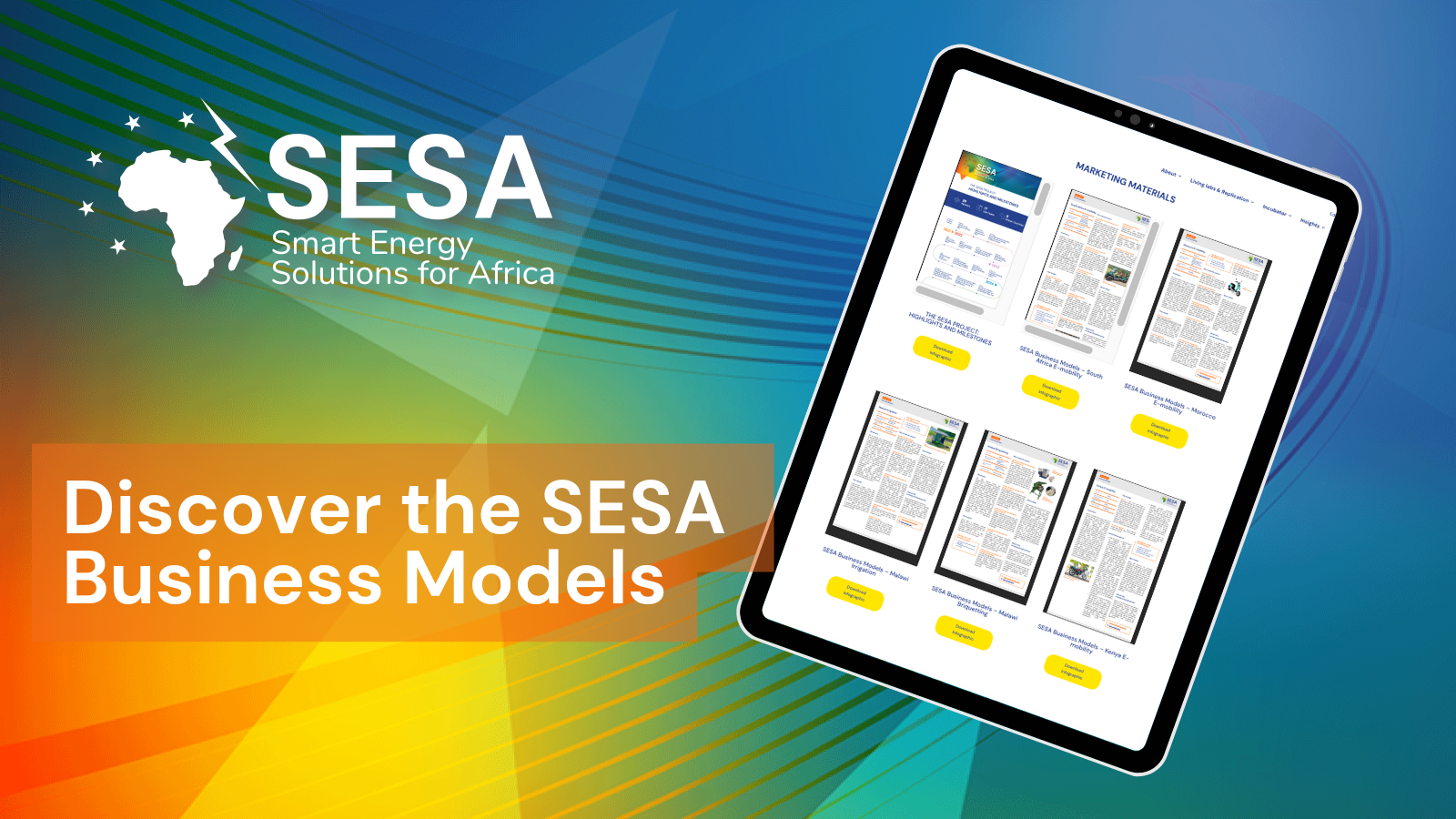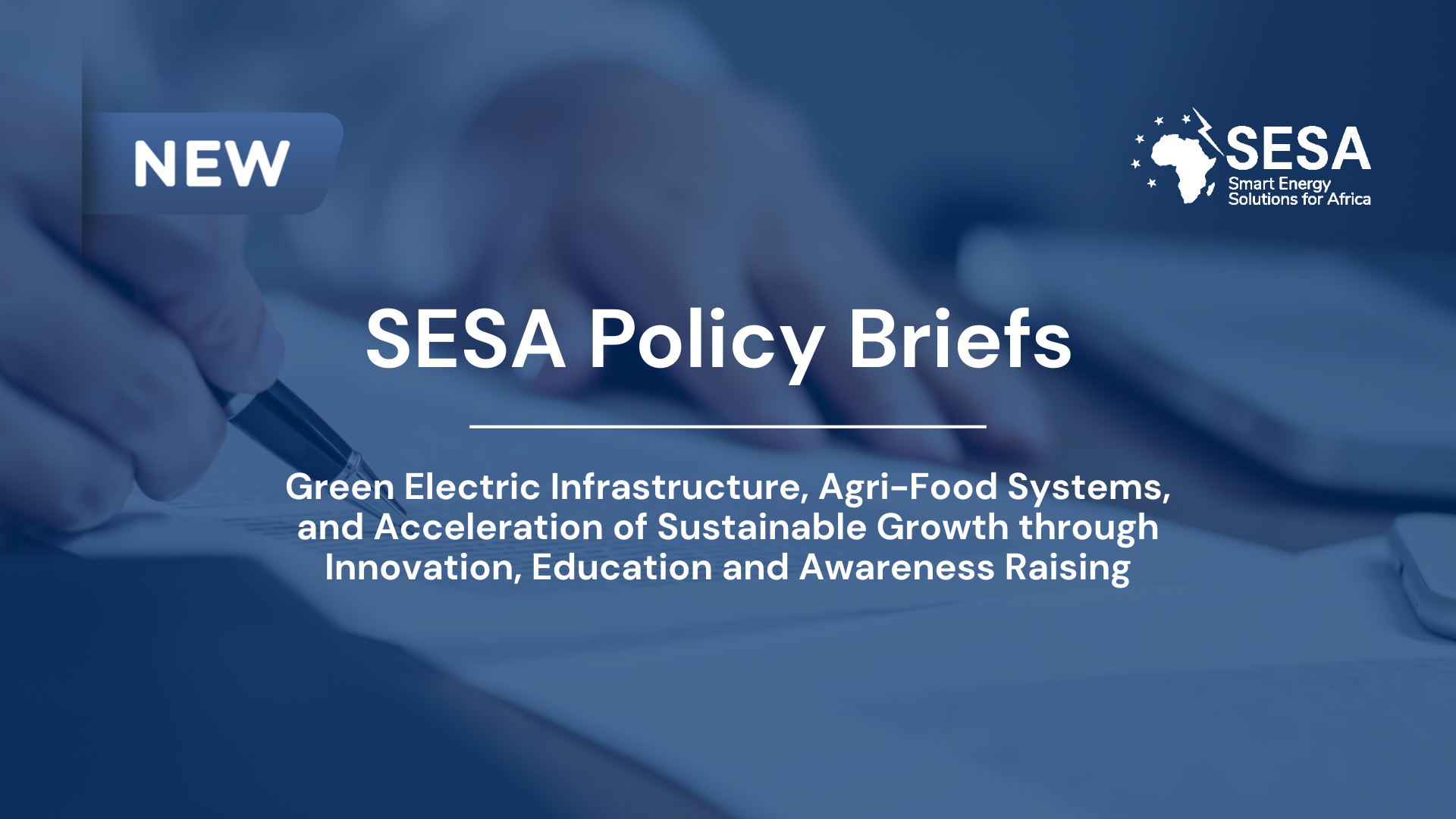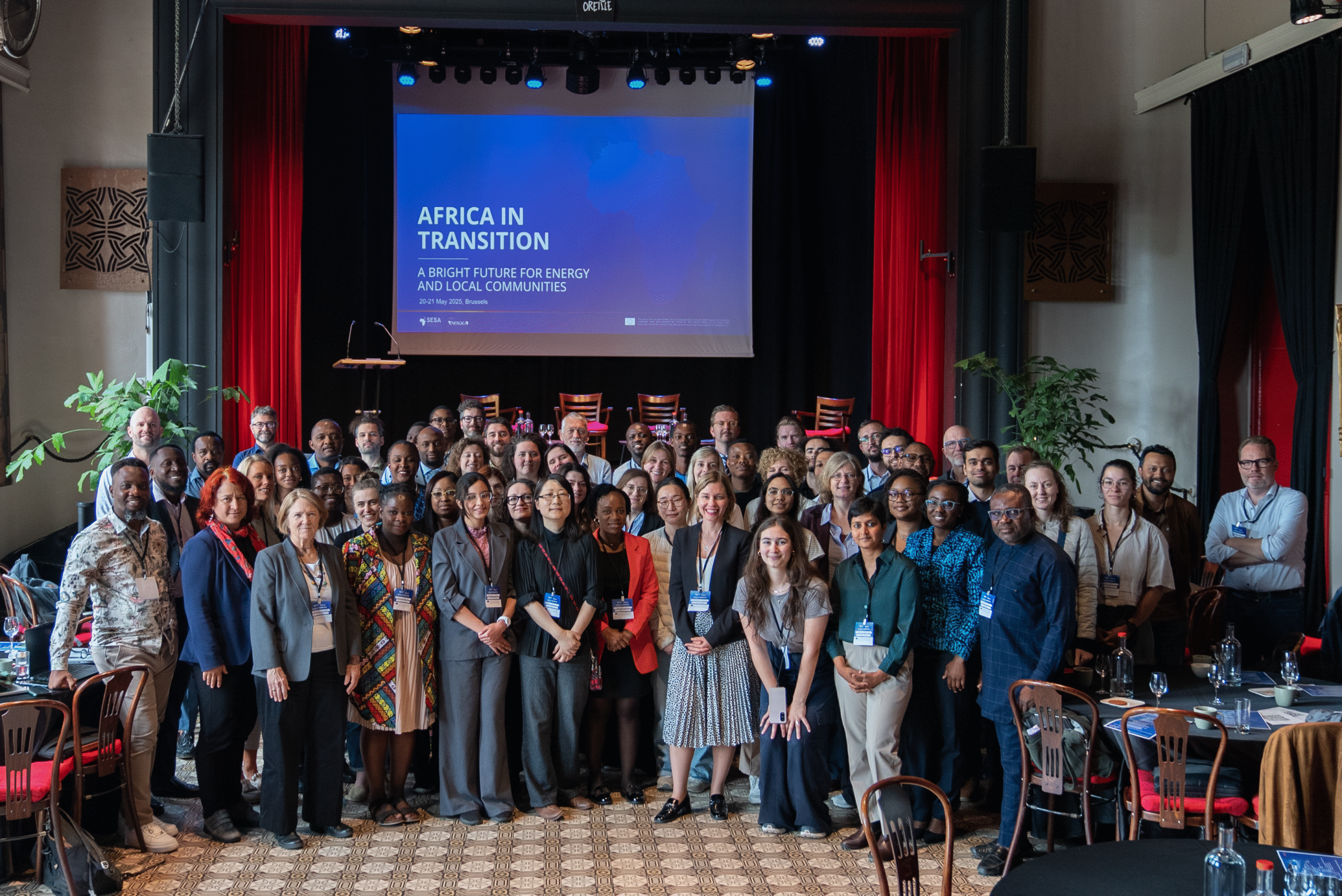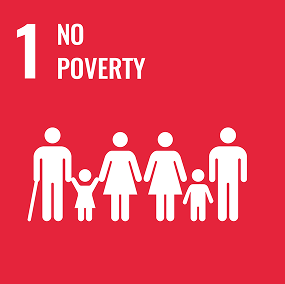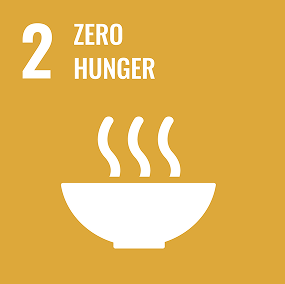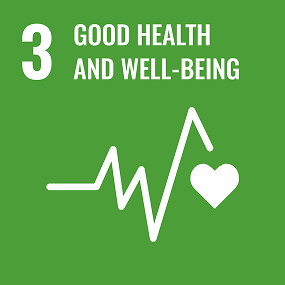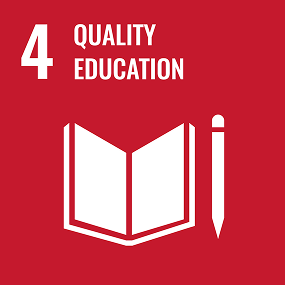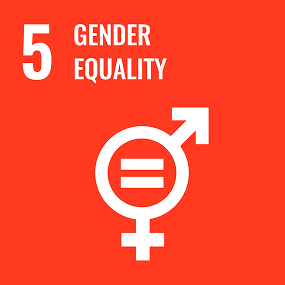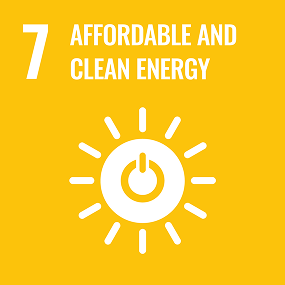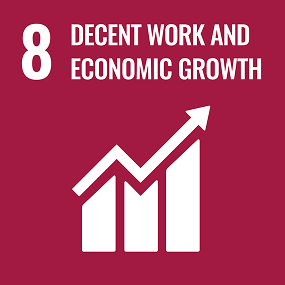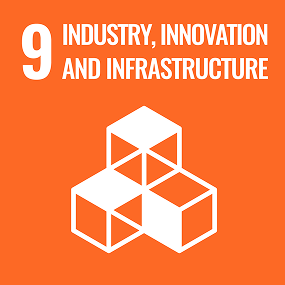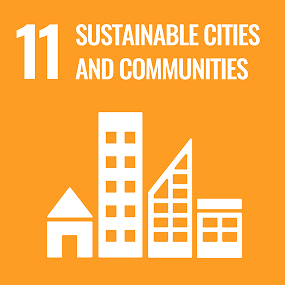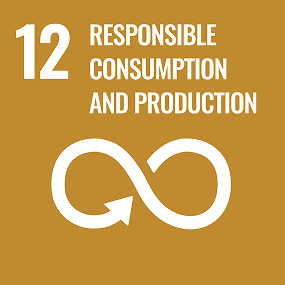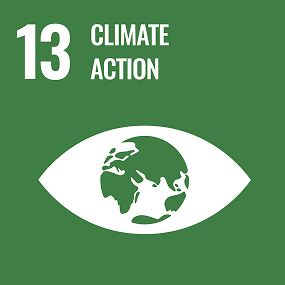What is SESA?
Smart Energy Solutions for Africa (SESA) is a collaborative project between the European Union and nine African countries (Ghana, Kenya, Malawi, Morocco, Namibia, Nigeria, Rwanda, South Africa and Tanzania ) that aims at providing energy access technologies and business models that are easily replicable and generate local opportunities for economic development and social cohesion in Africa.
Through several local living labs, it is expected to facilitate the co-development of scalable and replicable energy access innovations, to be tested, validated, and later replicated throughout the African continent.
These solutions will include decentralised renewables (solar photovoltaics), innovative energy storage systems including the use of second-life electric vehicle batteries, waste-to-energy systems, smart micro grids, climate-proofing, resilience and adaptation, and rural internet access.
Running from October 2021 until September 2025, SESA is the result of a strong partnership between leading European and African universities, research centres, industry actors, local governments, knowledge and implementation organisations and networks. These will be strengthened via peer-to-peer exchange, policy dialogues, regional and international events among others.
Partners
Use Cases
African countries
SESA Project SDGs Impact
During its lifetime the SESA project drove sustainable development by implementing sustainable energy solutions across Africa. Our innovations directly contribute to 15 of the United Nations Sustainable Development Goals, creating lasting social, economic, and environmental impact.
SESA Demonstration, Validation and Replication Sites
Latest News
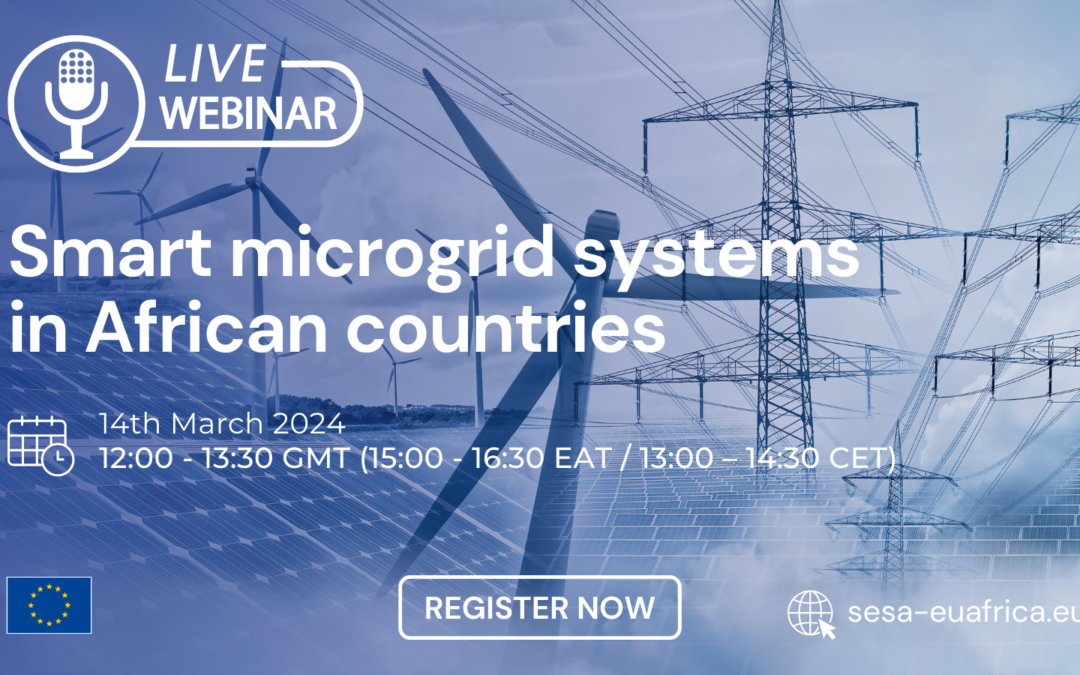
Harnessing the potential of Smart Microgrid Systems in African countries
We kindly invite you to the SESA Online Webinar on ‘Smart microgrid systems in African countries’ to be held online via Zoom on 14th March 2024 at 12:00 – 13:30 GMT (15:00 – 16:30 EAT / 13:00 – 14:30 CET), jointly organized by the Stockholm Environment Institute, ICLEI Europe and F6S.
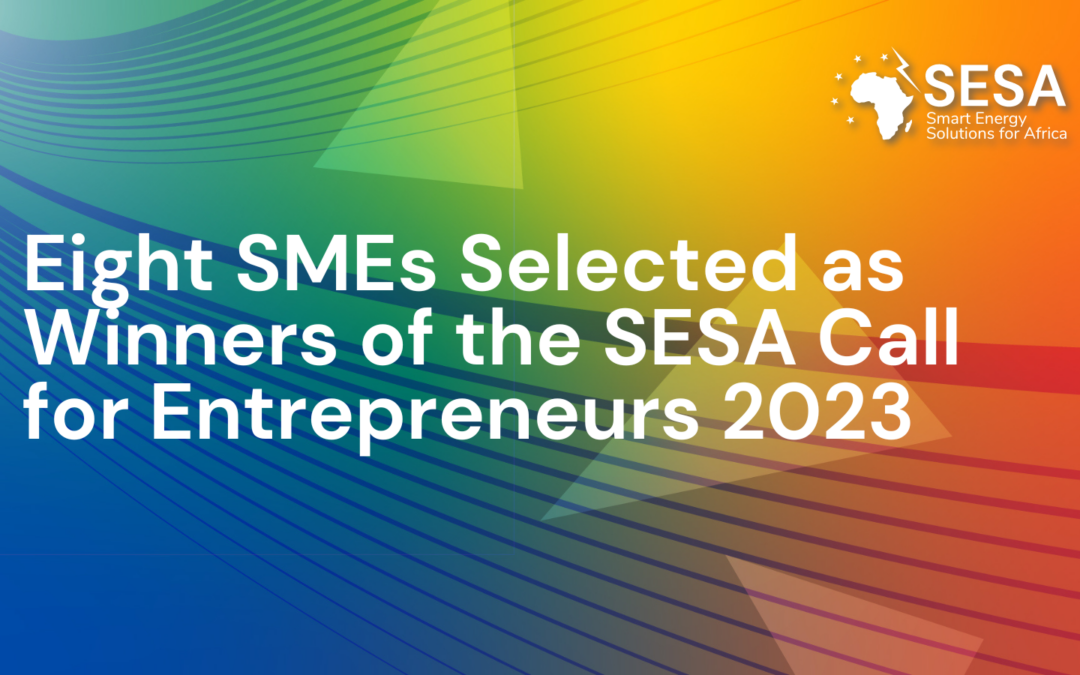
Eight SMEs Selected as Winners of the SESA Call for Entrepreneurs 2023
The Smart Energy Solutions for Africa (SESA) consortium is delighted to announce the winners of the 2nd SESA Call for Entrepreneurs 2023.
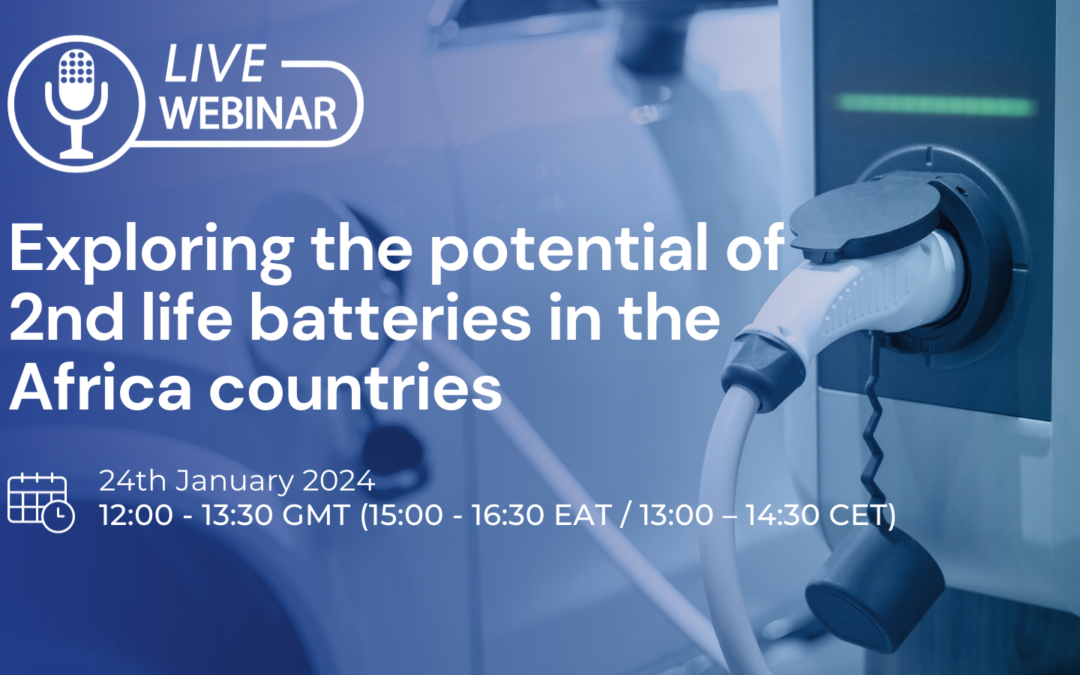
Exploring the potential of 2nd life batteries in the Africa countries
We kindly invite you to the SESA Online Webinar on ‘Exploring the potential of 2nd life batteries in the Africa countries’
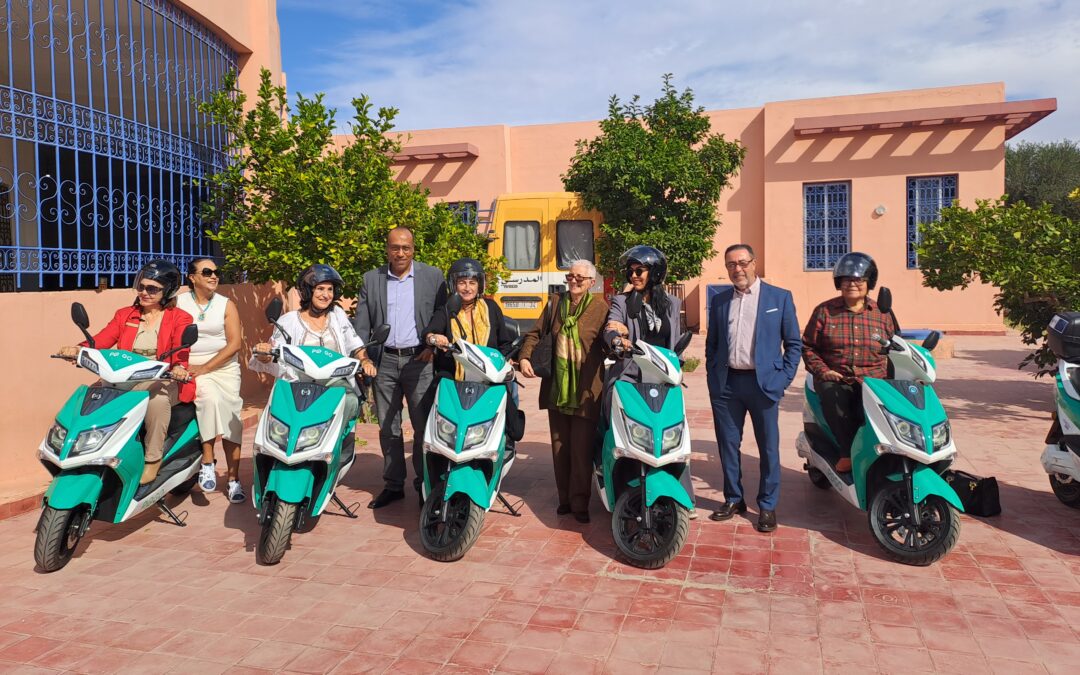
SESA launches Morocco living lab
GREEN ENERGY PARK (UM6P, IRESEN), the research, testing, and training platform in renewable energies, launched an urban pilot project dedicated to electric mobility on November...
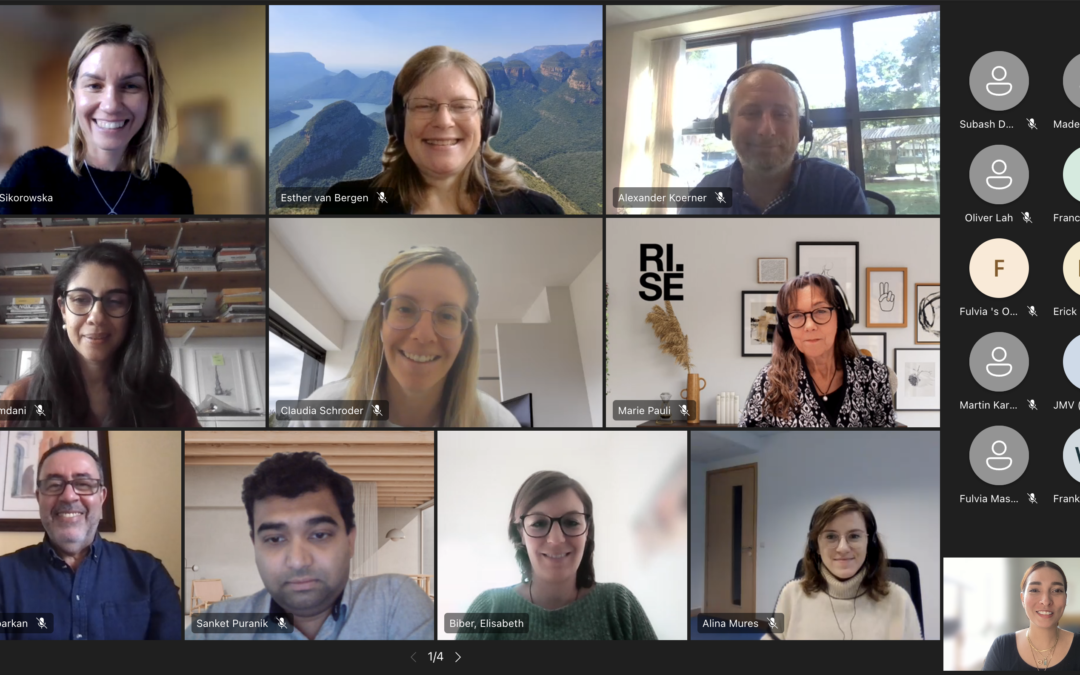
SESA Second General Assembly
Two years after the beginning of the project, SESA held its second General Assembly on November 6, 2023. The milestone served as an opportunity for partners to highlight the...
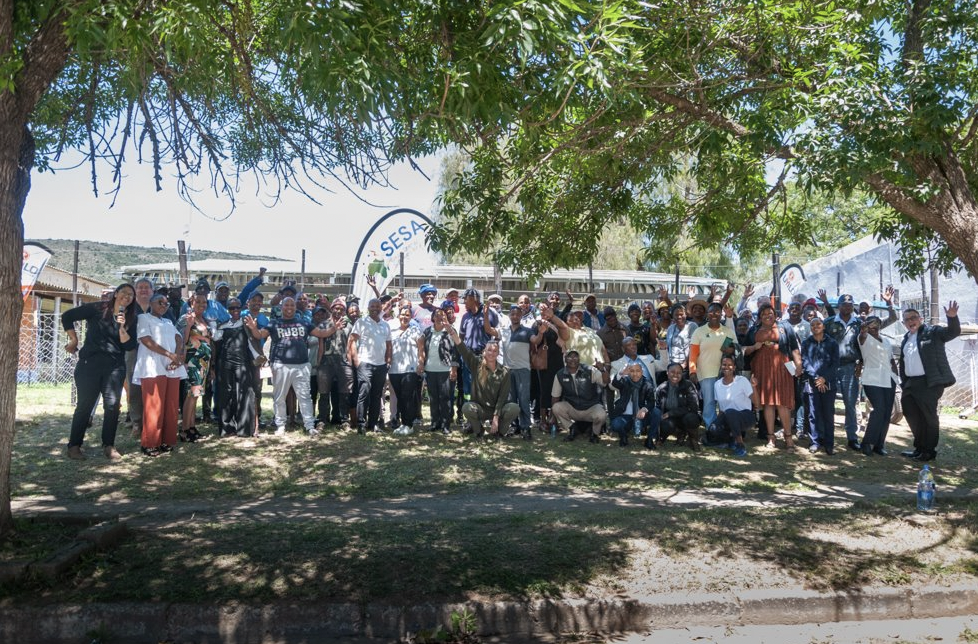
Smart Energy Solutions for Africa and uYilo e-Mobility Programme commission Alicedale Living Lab
SESA, Smart Energy Solutions for Africa, the European commission-funded 30-partner strong consortium officially launched the Alicedale Living Lab yesterday with SESA partner uYilo e-Mobility Programme and the South African implementing partner GREEN Solar Academy.






